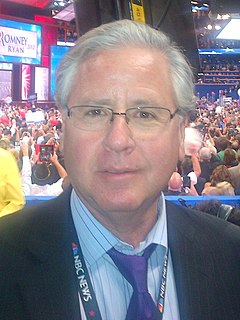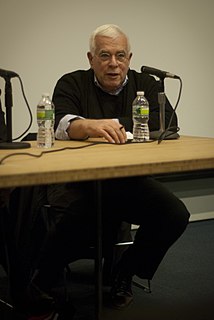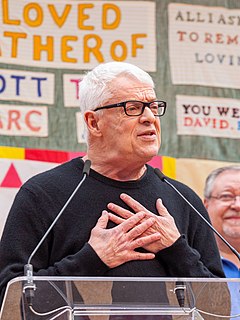A Quote by Howard Fineman
There's a very healthy tradition in America of skepticism of centralized power. If we ever lose the skepticism of centralized power, we'll lose the essence of the country.
Related Quotes
The idea that the State is capable of solving social problems is now viewed with great skepticism - which foretells a coming change. As soon as skepticism is applied to the State, the State falls, since it fails at everything except increasing its power, and so can only survive on propaganda, which relies on unquestioning faith.
































